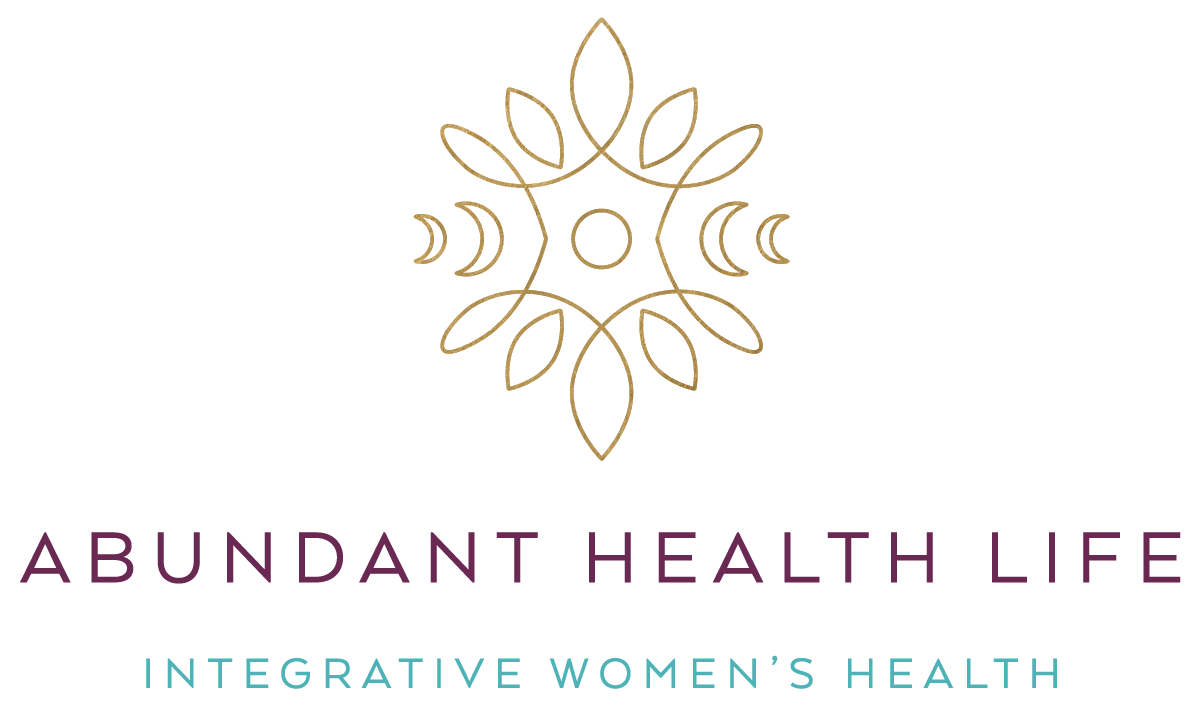I Missed Postpartum Depression
A few months ago my good friend Kimberly Poovey posted a blog on postpartum depression. Before that, I had no idea that she was struggling. All I saw was adorable pictures on social media of her living life with her newborn. When I found out, it struck me deeply. Even though I now live in a different state, I felt bad that I had no idea what she was going through and wasn't there to help her. I've been practicing as an OB/GYN for the past 7 years and try to be in tune with the needs of my patients. I wondered, however, how many women like Kimberly I had missed. It's easier to pick up on the ones look like they are having a rough time or that reach out for help. The challenge is the women that look like they have it all together. Kimberly's post was an eye-opener!
The American College of Obstetrics and Gynecology recommends that all pregnant patients be screened for depression at least once in the perinatal period. I was aware of this recommendation but hadn't been consistent with universal screening. My friend's situation jolted me into action. I knew that I needed to resume screening all my postpartum patients for depression. The following day I shared Kimberly's post with my medical assistants. I would need their support achieve this goal and remain consistent. The Edinburg Postnatal Depression Scale is an effective and efficient screening tool that I had used on and off in the past. It is available in English and Spanish, takes less than 5 minutes to administer and is easy to score. Since initiating our plan, I've been surprised at how many women with postpartum depression I would have missed had their score not revealed them to be at risk.
Perinatal depression affects 1 in 7 women. It is more common than many people, including healthcare providers think. Symptoms can begin during pregnancy and can last for up to 12 months postpartum. With postpartum blues, women may be more tearful, doubt their ability to care for their newborn, have difficulty sleeping and have less of an appetite. These symptoms can begin as early as 2-3 days after delivery but typically resolve on their own within 1 or 2 weeks. Postpartum depression is more severe and is associated with more intense feelings of depression and anxiety that typically start 1-3 weeks after delivery. These symptoms prevent a new mom from being able to function. If you feel like you aren't coping, it may not be normal. Seek help! You don't need to wait until your routine 6 week check up. If you have a family member or friend who seems to be struggling, encourage them to make an appointment with their health care provider. This is not a situation where the woman just needs to try harder or work through it. The most severe form of postpartum depression is postpartum psychosis. This can be associated with delusional and obsessive behavior. In this situation a woman who genuinely loves her baby could potentially harm the baby, herself or others. This is an emergency and requires immediate medical attention.
Many women avoid reaching out when they suspect postpartum depression for fear of being stigmatized. They fear being labeled with a mental health disorder or being considered a bad mother. Pregnancy and the postpartum period creates a perfect storm for the development of mental illness. The combination of drastic hormone fluctuations, sleep deprivation, family dynamics, and the newness or a fragile life that you are responsible for is a setup for mental health issues. This is particularly true if you have a history of depression or anxiety. Many women avoid seeking care for fear of being placed on antidepressants. Every woman's situation is different. Not all women need antidepressants, many do well well with counseling and improved social support. There are also a number of lifestyle, herbal and nutritional interventions. A holistic/integrative proider such as myself can provide guidance in this area. For those that need medication, options are available that are safe to use while breastfeeding. These medications are often not needed long-term. With postpartum depression, do what is necessary for you to be mentally well, present and engaged with your newborn and your family during this precious time.
Here are some additional resources on postpartum depression:

